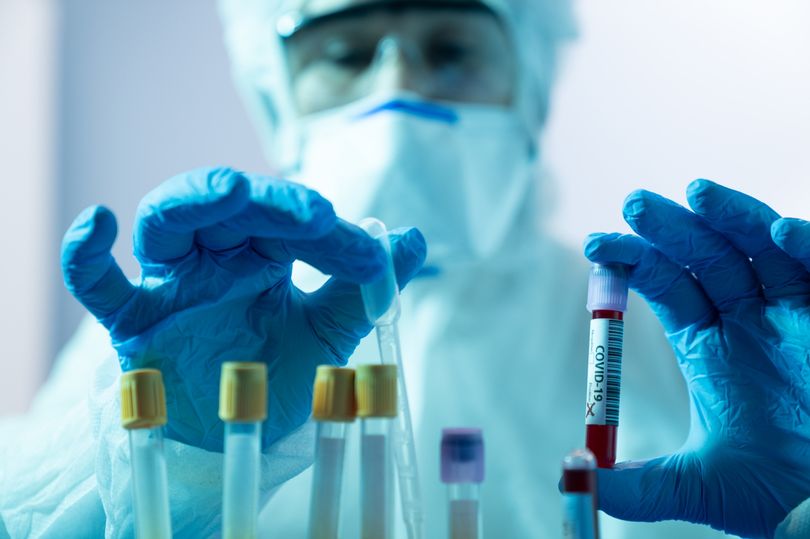Almost every move ministers have made during the Covid-19 pandemic has been garlanded with the phrase “we’re following the science”. Really?
Early on there were some decisions that glaringly weren’t following the science
For instance, on March 12 the Government chose to pull out of the test-track-trace-isolate strategy so emphatically advised by the World Health Organisation which was proved to work in Wuhan, South Korea and Germany. What science was that?
No, it wasn’t science. It was the Government’s pitiful lack of preparedness, scarcity of resources, shortage of tests and lack of testing stations that led to decisions.
The science was bolted on afterwards to justify bad decisions.
Where was the science that decided in early March that “it was ‘very unlikely’ people in care homes will become infected”? And discharging hospital patients, without testing them, into care homes?
This distrust of the Government’s motivation is only made worse by its secrecy, unwillingness to answer questions and take responsibility for decisions which were political rather than scientific as claimed.
The House of Commons Science and Technology Committee wrote to the Prime Minister. It called for publication of the science behind Public Health England’s (PHE) decision to concentrate testing for Covid-19 in a limited number of its own laboratories and to expand testing capacity slowly, rather than surging capacity through a large number of labs and universities.
The harm this decision did is incalculable, it stopped testing in the community and restricted it to hospitals. “It meant that residents in care homes – even those displaying Covid-19 symptoms – and care home workers could not be tested at a time when the spread of the virus was at its most rampant,” the MPs said.
Their letter continued: “The failure of PHE to publish the evidence on which its testing policy was based is unacceptable for a decision that may have had significant consequences”.
The MPs said testing capacity had been inadequate during the worst of the pandemic so far, arguing that “capacity drove strategy rather than strategy driving capacity.”
The letter listed 10 key lessons the Government should learn from the first months of the epidemic. But will they?
Science and Technology Committee chairman Greg Clark said: “Greater transparency around scientific advice; putting capacity in place in advance of need, such as in testing and vaccines; collecting more data earlier and learning from other countries’ approaches are some of the early lessons of this pandemic that are relevant to further decisions that will need to be taken.”
Hopefully, better late than never.

